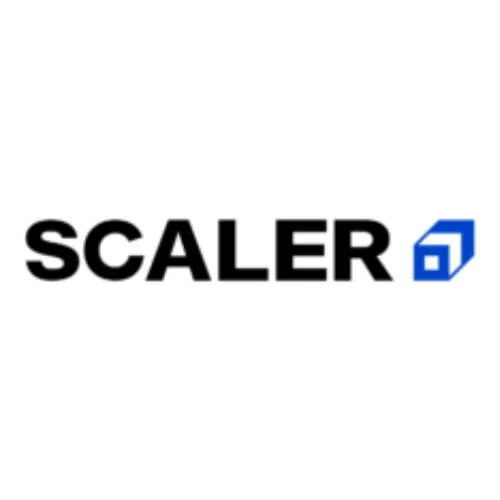Nestlé’s work had a significant impact on the food industry. He was the first person to create a commercially successful infant formula. His invention helped to reduce infant mortality rates and improve the health of babies around the world. Nestlé’s work also led to the development of other infant formulas and baby foods.
About Nestle:
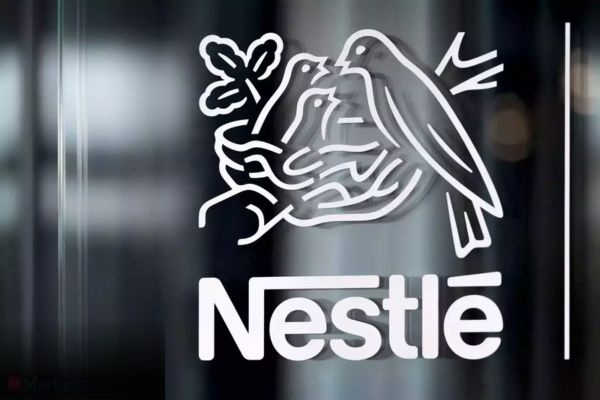
Nestlé is a Swiss multinational food and drink company headquartered in Vevey, Vaud, Switzerland. It is the largest food company in the world, measured by revenue. In 2022, Nestlé had sales of CHF 92.2 billion (US$93.1 billion), giving it the 23rd highest revenue of any company in the world. It employs around 308,000 people.
Nestlé was founded in 1866 by Henri Nestlé, a Swiss pharmacist. Nestlé invented a new type of baby food called Farine Lactée Henri Nestlé. Farine Lactée Henri Nestlé was a powder made from cow’s milk, wheat flour, and sugar. It was a revolutionary product because it was the first baby food that did not require breast milk or animal milk.
Farine Lactée Henri Nestlé was an instant success. It quickly became the most popular baby food in Europe. In 1874, Nestlé founded the Nestlé Company to manufacture and sell Farine Lactée Henri Nestlé. The company quickly grew and expanded into other countries. Today, the Nestlé Company is the world’s largest food and beverage company.
Nestlé’s products are sold in over 180 countries and it has over 300,000 employees. The company’s products include baby food, bottled water, coffee, chocolate, dairy products, ice cream, pet food, and snacks.
Nestlé has been criticized for its business practices. The company has been accused of using child labor, water pollution, and unethical marketing practices. Nestlé has also been accused of contributing to the obesity epidemic.
Despite these criticisms, Nestlé remains a major force in the global food and beverage industry. The company’s products are popular with consumers around the world and it is a major employer.
Nestlé’s Business Model
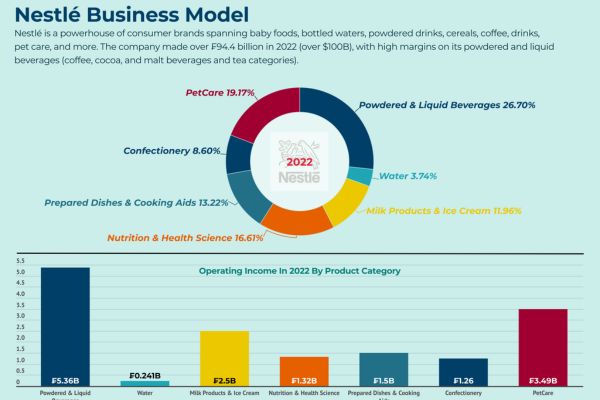
Nestlé’s business model is based on four pillars:
- Branded Consumer Goods: Nestlé sells a wide range of branded consumer goods, including baby food, bottled water, coffee, chocolate, dairy products, ice cream, pet food, and snacks. These products are sold in over 180 countries and they account for the majority of the company’s revenue.
- Nutritional Products: Nestlé also sells a range of nutritional products, such as infant formula, medical nutrition, and weight management products. These products are sold to hospitals, clinics, and consumers.
- Professional Products: Nestlé sells a range of professional products, such as coffee machines, dairy equipment, and pet food ingredients. These products are sold to businesses and organizations.
- Water: Nestlé is the world’s largest bottled water company. It owns a number of brands, including Perrier, San Pellegrino, and Vittel. Nestlé also sells bulk water to businesses and organizations.
Henri Nestlé (1814-1890)
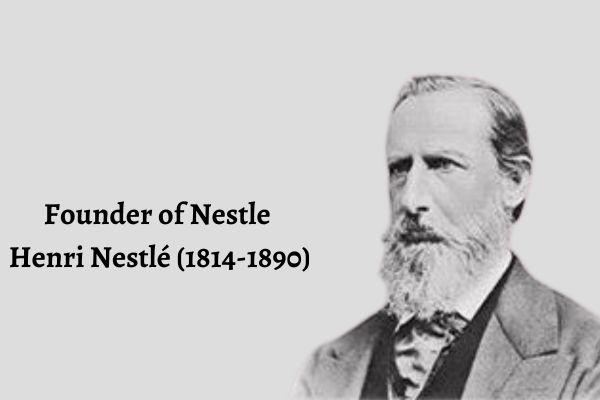
Henri Nestlé was a Swiss confectioner and the founder of the Nestlé Company, the world’s largest food and beverage company. He was born in Frankfurt, Germany, on August 10, 1814. His father was a glazier and his mother was a housewife. He had 13 siblings.
In 1833, Nestlé moved to Vevey, Switzerland, to study pharmacy. After graduating, he opened his own pharmacy in 1839. In 1867, he invented a new type of baby food called Farine Lactée Henri Nestlé. Farine Lactée Henri Nestlé was a powder made from cow’s milk, wheat flour, and sugar. It was a revolutionary product because it was the first baby food that did not require breast milk or animal milk.
Farine Lactée Henri Nestlé was an instant success. It quickly became the most popular baby food in Europe. In 1874, Nestlé founded the Nestlé Company to manufacture and sell Farine Lactée Henri Nestlé. The company quickly grew and expanded into other countries. Today, the Nestlé Company is the world’s largest food and beverage company.
Henri Nestlé was a pioneer in the field of infant nutrition. He was the first person to develop a commercially successful baby food. His invention saved the lives of countless babies and helped to improve the health of infants around the world.
Early Life and Education
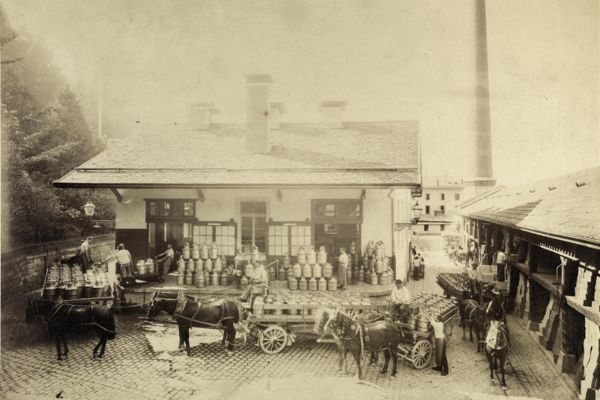
Image Credit @Nestle
Henri Nestlé was born in Frankfurt, Germany, on August 10, 1814. He was the eleventh of fourteen children born to Johann Ulrich Matthias Nestlé and Anna Maria Catharina Ehemann. His father was a glazier and his mother was a housewife.
Nestlé’s early life was marked by tragedy. His mother died when he was only two years old and his father died when he was eleven. He was raised by his older siblings.
Despite the hardships of his early life, Nestlé was a bright and inquisitive child. He excelled in school and showed a talent for science and mathematics.
After graduating from high school, Nestlé studied pharmacy at the University of Heidelberg. He graduated in 1839 and opened his own pharmacy in Vevey, Switzerland.
Career
Nestlé’s career as a pharmacist was short-lived. In 1867, he invented a new type of baby food called Farine Lactée Henri Nestlé. Farine Lactée Henri Nestlé was a powder made from cow’s milk, wheat flour, and sugar. It was a revolutionary product because it was the first baby food that did not require breast milk or animal milk.
Farine Lactée Henri Nestlé was an instant success. It quickly became the most popular baby food in Europe. In 1874, Nestlé founded the Nestlé Company to manufacture and sell Farine Lactée Henri Nestlé. The company quickly grew and expanded into other countries. Today, the Nestlé Company is the world’s largest food and beverage company.
Personal Life
Nestlé was married twice. His first wife, Amélie Marie Catherine Thérèse Menth, died in 1868. His second wife, Clémentine Thérèse Caroline Wander, died in 1890. He had no children.
Nestlé died on July 7, 1890, in Glion, Switzerland. He was 75 years old.
Legacy
Henri Nestlé is a pioneer in the field of infant nutrition. He was the first person to develop commercially successful baby food. His invention saved the lives of countless babies and helped to improve the health of infants around the world.
Nestlé’s legacy is also evident in the Nestlé Company. Today, the Nestlé Company is the world’s largest food and beverage company. It employs over 300,000 people and operates in over 180 countries. The company’s products are sold in every corner of the globe.
Nestlé’s legacy is a lasting one. He was a man of vision and innovation who made a significant contribution to the world. His work has helped to improve the lives of millions of people and his company continues to be a major force in the global food and beverage industry.
Nestlé’s Sustainability Efforts: A Look at the Company’s Progress
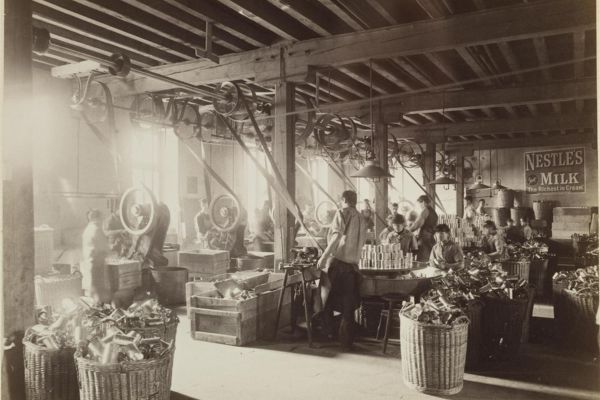
Nestlé is one of the world’s largest food and beverage companies. It has a long history of sustainability efforts, and it is committed to making a positive impact on the planet.
In 2010, Nestlé set a number of ambitious sustainability goals. These goals include:
- Reducing water usage by 20% by 2025
- Reducing greenhouse gas emissions by 20% by 2025
- Using 100% renewable energy by 2025
- Making all of its packaging recyclable or reusable by 2025
Here are some of Nestlé’s key sustainability initiatives:
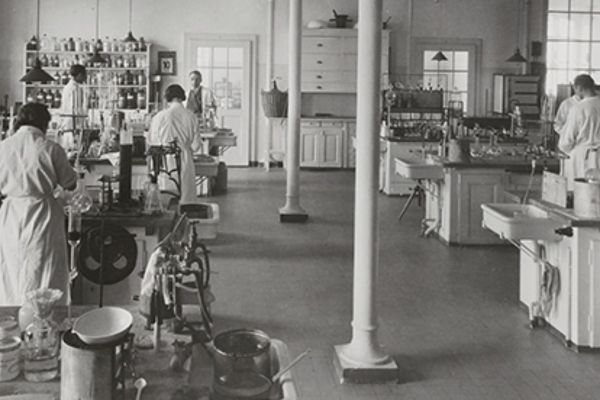
Image Credit @Nestle
- Water conservation: Nestlé is committed to reducing its water usage by 20% by 2025. The company has implemented a number of water conservation measures, such as using water-efficient irrigation systems, recycling water, and capturing rainwater.
- Climate action: Nestlé is committed to reducing its greenhouse gas emissions by 20% by 2025. The company has implemented a number of climate action measures, such as investing in renewable energy, improving energy efficiency, and offsetting its emissions.
- Sustainable packaging: Nestlé is committed to making all of its packaging recyclable or reusable by 2025. The company has already made progress on this goal, and it is working to develop new and innovative packaging solutions.
- Healthy eating: Nestlé is committed to providing healthy food and drinks to its consumers. The company has a number of initiatives in place to promote healthy eating, such as developing healthier recipes, providing nutritional information on its products, and working with schools to promote healthy eating habits.
- Employee well-being: Nestlé is committed to the health and well-being of its employees. The company offers a number of programs and benefits to support employee health, such as providing healthy food and drinks in its cafeterias, offering on-site fitness facilities, and providing financial assistance to employees who are struggling financially.
- Community support: Nestlé is committed to supporting the communities in which it operates. The company has a number of programs and initiatives in place to support local communities, such as providing financial assistance to local organizations, supporting education and development programs, and working to improve the environment.
In addition to these specific goals, Nestlé is also committed to a number of other sustainability initiatives. For example, the company is working to improve the health and well-being of its employees and the communities in which it operates. Nestlé is also working to reduce its impact on the environment by developing more sustainable products and practices.
Nestlé’s sustainability efforts are a testament to the company’s commitment to making a positive impact on the planet. The company is working to reduce its environmental impact, improve the health and well-being of its employees and the communities in which it operates, and develop more sustainable products and practices.
Here are some of the key achievements of Henri Nestlé’s career:
- Invented the first commercially successful baby food, Farine Lactée Henri Nestlé
- Founded the Nestlé Company, which is now the world’s largest food and beverage company
- Helped to reduce infant mortality rates in Europe and around the world
- Made a significant contribution to the field of infant nutrition
FAQs
- What was Henri Nestle’s background?
Henri Nestle was born in Frankfurt, Germany in 1814. He was the son of a merchant and a housewife. Nestle had a strong interest in science and medicine from a young age. He studied pharmacy at the University of Zurich and later worked as a pharmacist in Vevey, Switzerland.
- What inspired Henri Nestle to create Farine Lactée?
In the 19th century, infant mortality rates were high. This was due to a number of factors, including poor nutrition and lack of access to clean water. Nestle was inspired to create Farine Lactée after seeing the death of a neighbor’s child from malnutrition. He believed that he could create a food that would be more nutritious and easier to digest than breast milk.
- How did Farine Lactée help to reduce infant mortality rates?
Farine Lactée was a powdered milk-based food that was easy to digest and could be easily prepared. It was also more nutritious than breast milk, as it contained added vitamins and minerals. Farine Lactée helped to reduce infant mortality rates by providing a healthier alternative to breast milk.
- What was the impact of Henri Nestle’s work on the food industry?
Henri Nestle’s work had a significant impact on the food industry. He was the first person to create a commercially successful infant formula. His invention helped to reduce infant mortality rates and improve the health of babies around the world. Nestle’s work also led to the development of other infant formulas and baby foods.
- What is the legacy of Henri Nestle?
Henri Nestle is considered to be one of the most important figures in the history of the food industry. His invention of Farine Lactée helped to reduce infant mortality rates and improve the health of babies around the world. Nestle’s work also led to the development of other infant formulas and baby foods. He is a true inspiration to entrepreneurs and innovators around the world.











